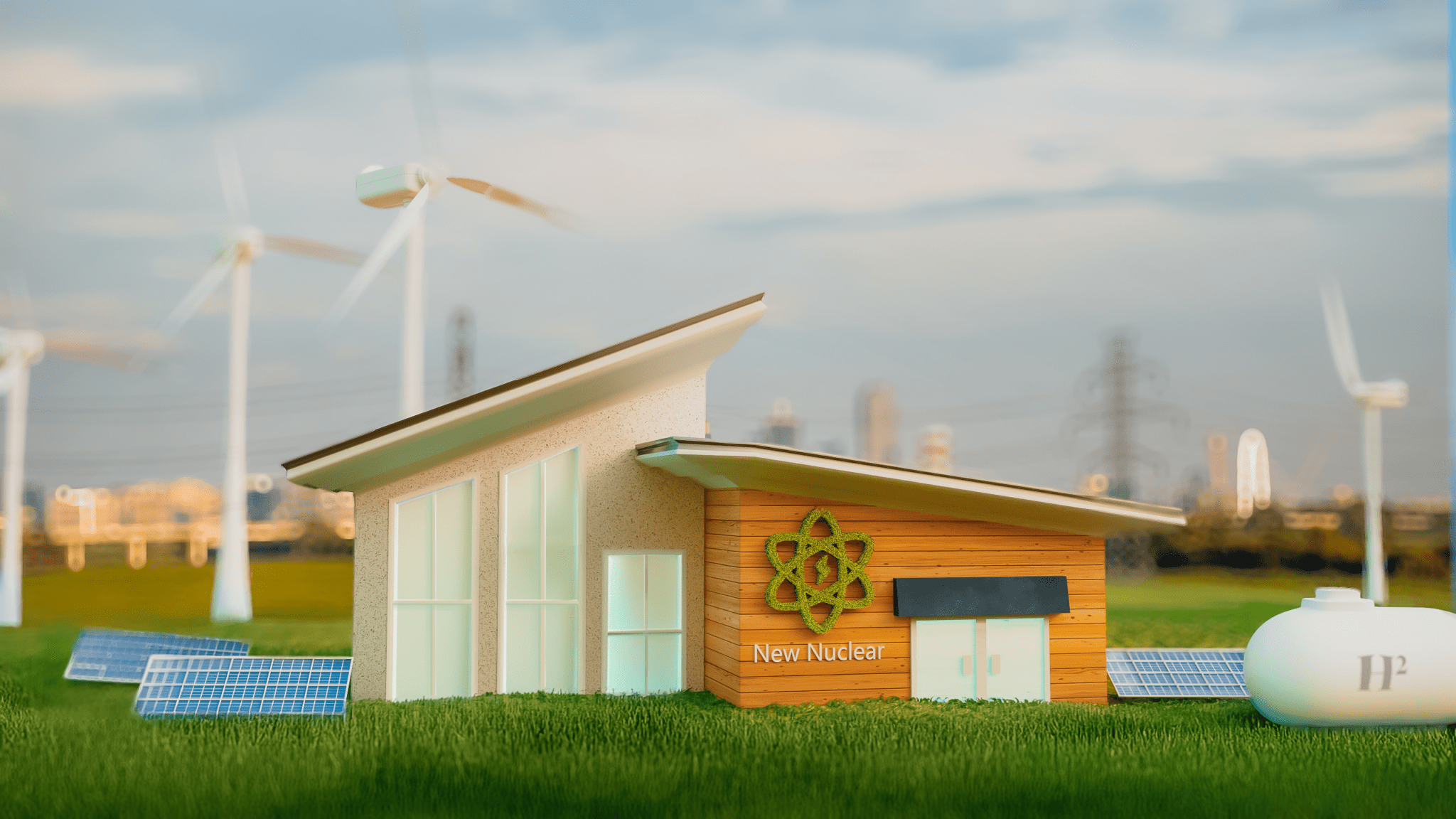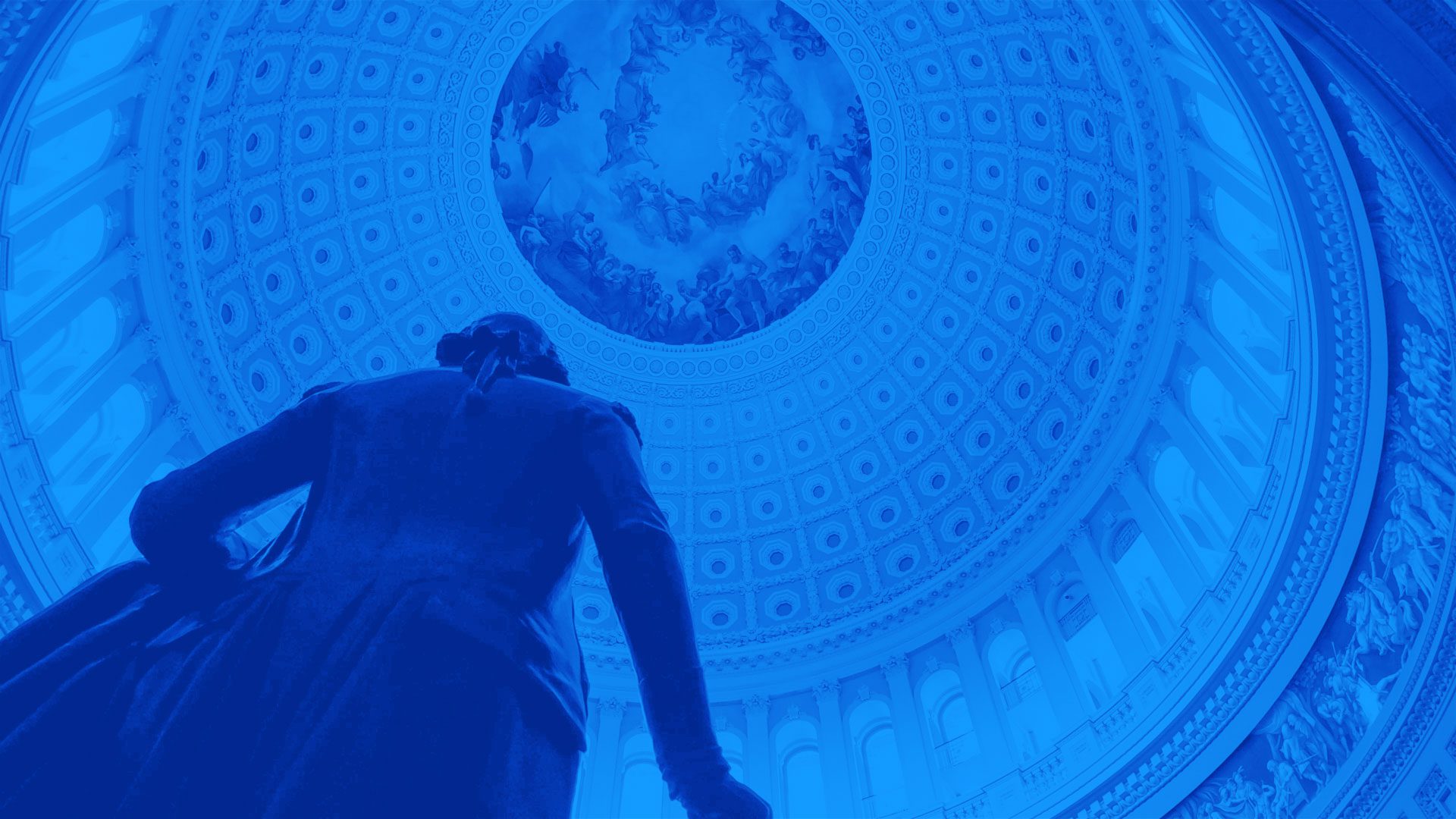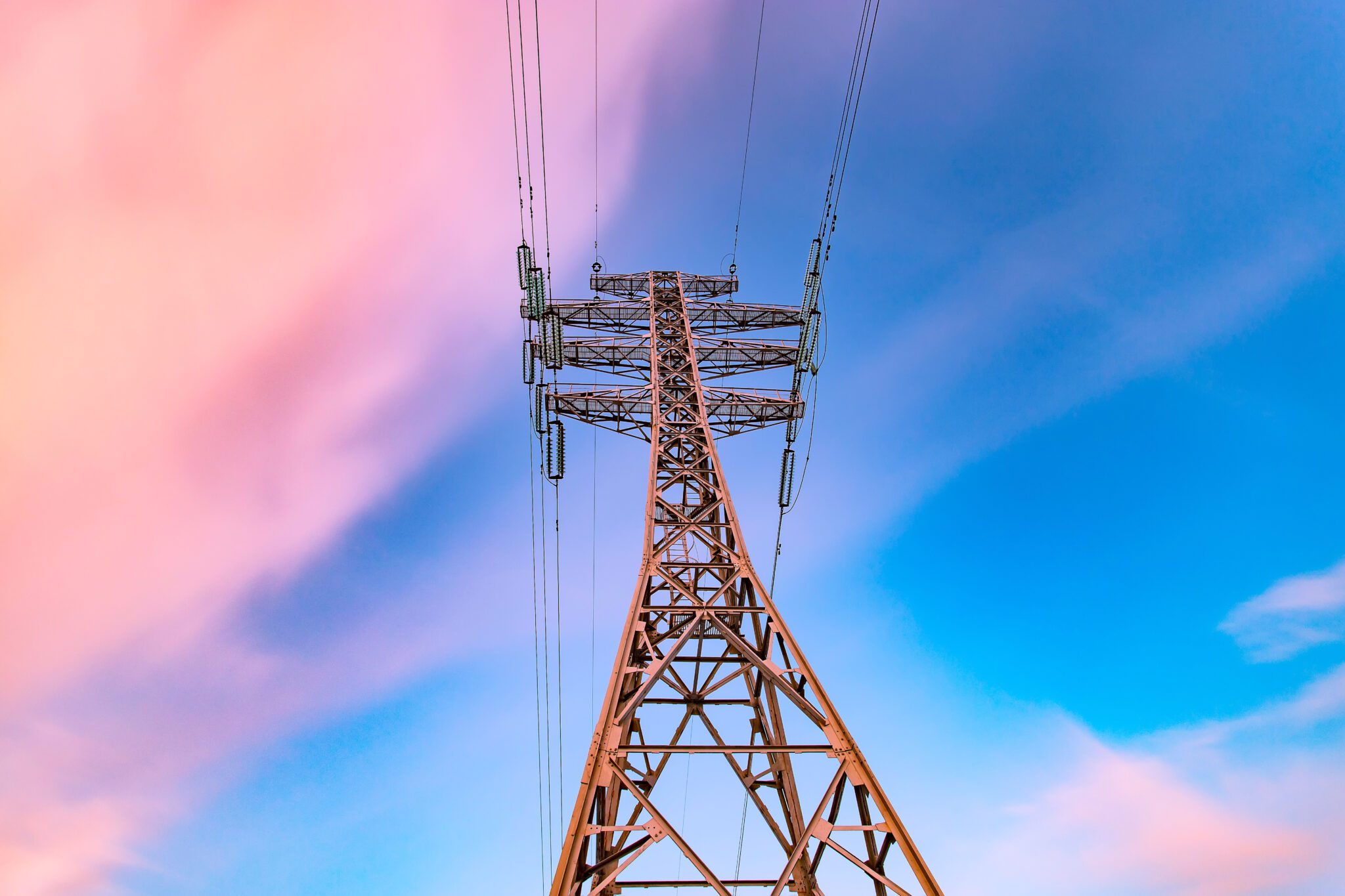
The U.S. made incredible, historic progress on climate policy with the passage of the Bipartisan Infrastructure Law, the CHIPS Act, and the Inflation Reduction Act. In the years ahead, USPA will ensure the benefits of these new laws are recognized through effective implementation, while being mindful of how to maximize emission reductions. We are also advocating for additional legislative and agency action to advance critical policies and technologies needed to fully decarbonize by 2050. These include:
- Research and Innovation: We advocate for increased federal investment policies and strong agency structures that help develop, demonstrate, and deploy the technologies we need to meet our deep decarbonization goals. This includes program support for clean energy RD&D, technology transfer, financing, startups and small businesses, manufacturing, regional innovation centers, and more.
- Hydrogen: We strive to bring down the Green Premium of clean hydrogen to maximize GHG reductions in hard-to-decarbonize sectors by working with the Department of Energy to identify and prioritize the most impactful uses of clean hydrogen and the lowest-carbon production, transport, storage, and use pathways for hydrogen through DOE’s RD&D programs.
- Transmission: We seek to increase overall support for the macrogrid, deliver on federal tax and additional funding policies to catalyze the deployment of new high-voltage transmission, and begin developing long-term state and regional policy initiatives.
- Other Emerging Technologies: We advocate for increased deployment of clean technologies including industrial decarbonization, carbon management, clean fuels, long-duration energy storage, and advanced nuclear.







